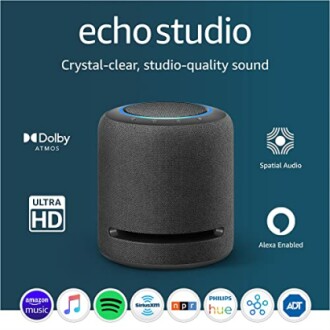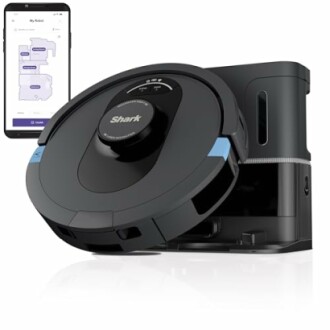
Comparing Smart Light Bulbs: Features and Functionality
- Smart light bulbs can enhance your home’s ambiance with adjustable colors and brightness.
- Features vary significantly between brands, including compatibility with smart home systems.
- Energy efficiency is a prominent benefit, saving you money in the long run.
- Consider usability aspects like app control, voice command options, and manual methods.
- Price points can differ, so budget accordingly to make a smart purchase.
Smart light bulbs are revolutionizing the way we illuminate our homes. With the capability to change colors, adjust brightness, and integrate with other smart devices, choosing the right smart light bulb can be challenging. This guide will compare various features and functionalities of popular smart light bulbs, helping you make an informed decision.
Understanding Smart Light Bulbs
Smart light bulbs allow you to control lighting remotely via your smartphone or voice assistants like Alexa and Google Assistant. They provide convenience and increased energy efficiency compared to traditional bulbs.
Key Features of Smart Light Bulbs
- Remote Control: Manage your lighting from anywhere using your smartphone.
- Color Choices: Many bulbs offer a range of colors to match your mood or occasion.
- Energy Efficient: Smart bulbs usually consume less power than traditional bulbs, leading to lower electricity bills.
- Scheduling: Set timers to turn lights on or off automatically.
- Compatibility: Works with various smart home ecosystems, making integration seamless.
Comparison Table of Smart Light Bulbs
| Brand | Model | Color Range | Smart Compatibility | Special Features | Link |
|---|---|---|---|---|---|
| Philips Hue | Hue White and Color Ambiance | 16 million colors | Amazon Alexa, Google Assistant, Apple HomeKit | Sync with music and movies | Learn more |
| Wyze | Wyze Bulb Color | 16 million colors | Amazon Alexa, Google Assistant | Affordable pricing | Learn more |
| LIFX | LIFX Mini Color | 16 million colors | Amazon Alexa, Google Assistant, Apple HomeKit | No hub required | Learn more |
Product Spotlight: Amazon Echo Studio
Amazon Echo Studio
Our best-sounding smart speaker ever with Dolby Atmos, spatial audio processing technology, and Alexa.
Learn MoreBenefits of Switching to Smart Light Bulbs
Upgrading to smart lighting allows you to control your environment effortlessly. From adjusting the mood for a party to setting a soft light for winding down, smart bulbs offer flexibility not afforded by traditional bulbs.
Energy Efficiency and Savings
One of the standout features of smart lighting is energy savings. These bulbs use LED technology, consuming significantly less energy than incandescent bulbs, which can lead to lower energy bills.
Smart Light Sources for Home Automation
Integrating smart bulbs with home automation systems enhances convenience. For instance, programming the lights to dim as you watch a movie adds a touch of luxury to the experience. It’s important to ensure compatibility with devices you own.
Considerations When Choosing Smart Light Bulbs
- Determine your needs: Do you want color options or just white lighting?
- Ecosystem: Ensure the bulb is compatible with your existing devices.
- Control: Decide whether you prefer app-based control or physical switches.
- Price vs. Features: Balance your budget with the features you desire.
Product Spotlight: Shark AI Ultra Robot Vacuum
Shark AI Ultra Robot Vacuum
With Matrix Clean, Home Mapping, and HEPA Filtration, perfect for pet hair and convenience.
Learn MoreConclusion
Smart light bulbs represent a dynamic and efficient way to enhance your home environment. By evaluating features like energy efficiency, smart compatibility, and usability, you can make a choice that fits your lifestyle and budget. With many brands offering various options, you can find the perfect fit for your needs.
Tips for Beginners
- Start with a few smart bulbs and gradually expand your home automation.
- Take advantage of app features to maximize functionality.
- Explore group settings for controlling multiple bulbs at once.
- Consider visibility during installation to ensure optimal performance.
- Read reviews and guides on products before purchasing for informed choices.
Pros
- Flexible lighting options
- Energy-efficient and cost-saving
- Enhanced home automation integration
- Convenient control via apps and voice commands
- Customizable schedules and settings
Cons
- May require a hub for certain models
- Initial investment may be higher than traditional bulbs
- Dependence on Wi-Fi connection
- Potential compatibility issues with some devices




